| Artist |
Kitchens Of Distinction |
| Album Title: |
The Death Of Cool |
| Album Cover: |
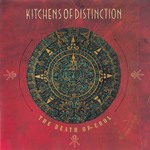 |
| Primary Genre |
Alternative & Punk: Ambient/Dream Pop |
| Format |
CD |
| Released |
08/04/1992 |
| Label |
One Little Indian Records, LTD/A&M Records, Inc. |
| Catalog No |
75021 5402 2 |
| Bar Code No |
0 75021-5402-2 4 |
| Packaging |
Jewelcase |
| Tracks |
| 1.
|
What Happens Now? (4:33)
|
| 2.
|
4 Men (4:11)
|
| 3.
|
On Tooting Broadway Station (5:04)
|
| 4.
|
Breathing Fear (3:43)
|
| 5.
|
Gone World Gone (8:01)
|
| 6.
|
When In Heaven (5:14)
|
| 7.
|
Mad As Snow (7:22)
|
| 8.
|
Smiling (3:22)
|
| 9.
|
Blue Pedal (7:35)
|
| 10.
|
Can't Trust The Waves (3:24)
|
|
| Date Acquired |
11/16/1992 |
| Personal Rating |
 |
| Acquired from |
Northern Lights |
| Purchase Price |
10.00 |
Web Links |
All Music Guide Entry:
Discogs Entry: |
| Reviews |
All Music Guide Review:
Review by Ned Raggett
For many fans, the best of the Kitchens' albums, once again produced by Hugh Jones, The Death of Cool combines the stripped-down tenderness on such early songs as "In a Cave" with the rush of "Quick as Rainbows" -- often within the same tune -- resulting in a multifaceted, deeply felt hour of music that is easily the equal of such similar masterpieces of post-punk guitar rock as the Chameleons' Script of the Bridge and the Sound' Heads and Hearts; about the only thing that came close in its year of release was Catherine Wheel's striking debut, Ferment. Numerous quick, powerfully pointed songs appear throughout the album for a more immediately accessible listen; "Breathing Fear," an emotionally frayed rager against homophobic violence, stands out well, as does the punchy, chiming "Smiling," another quick character study from Fitzgerald's pen. It's the lengthy songs here, though, that let the band stretch into unexplored territory; all follow the same general pattern of starting quietly and building up into reverbed guitar/rhythm masterpieces, yet each has its own particular strong punch to it. "On Tooting Broadway Station" reflects on a collapsed relationship with Fitzgerald wailing for his "John of Arc" at the end, while "Gone World Gone" and "Mad as Snow" both cover late night scenes of different but equally emotional impact, and "Blue Pedal" indulges in philosophical reflection. Each song lets Swales create absolutely magnificent guitar soundscapes, while the rhythm section ably keeps the tunes moving throughout. Completely and unfortunately lost in the grunge/gansta rap-mad year of 1992, Death begs to be heard by a wider audience.
|
|
| Cover 1 |
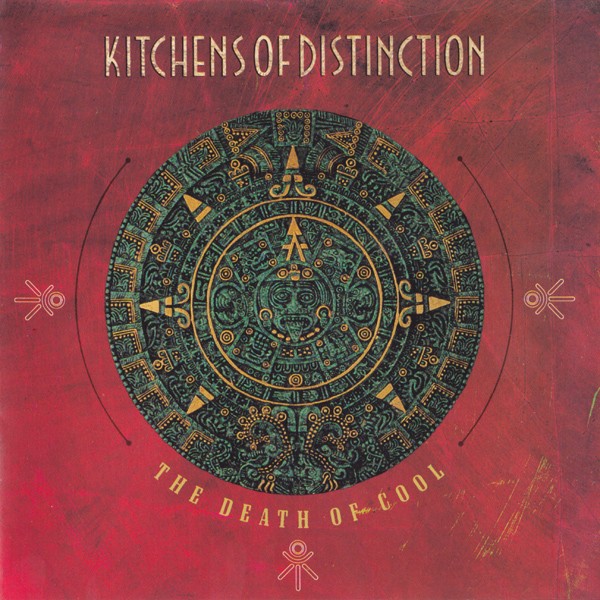 |
| Cover 2 |
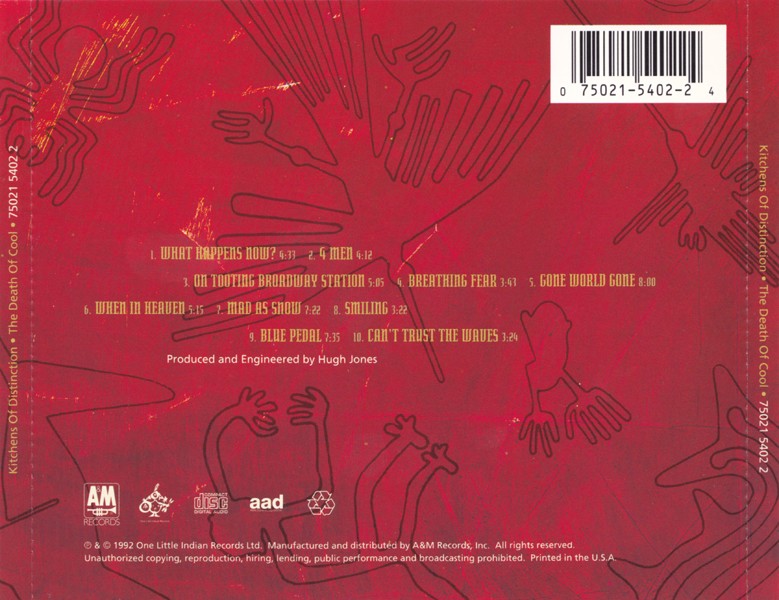 |
| Cover 3 |
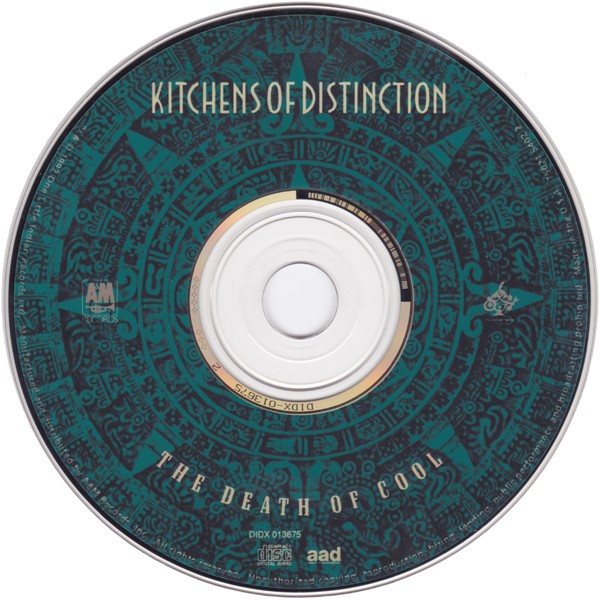 |
| Cover 4 |
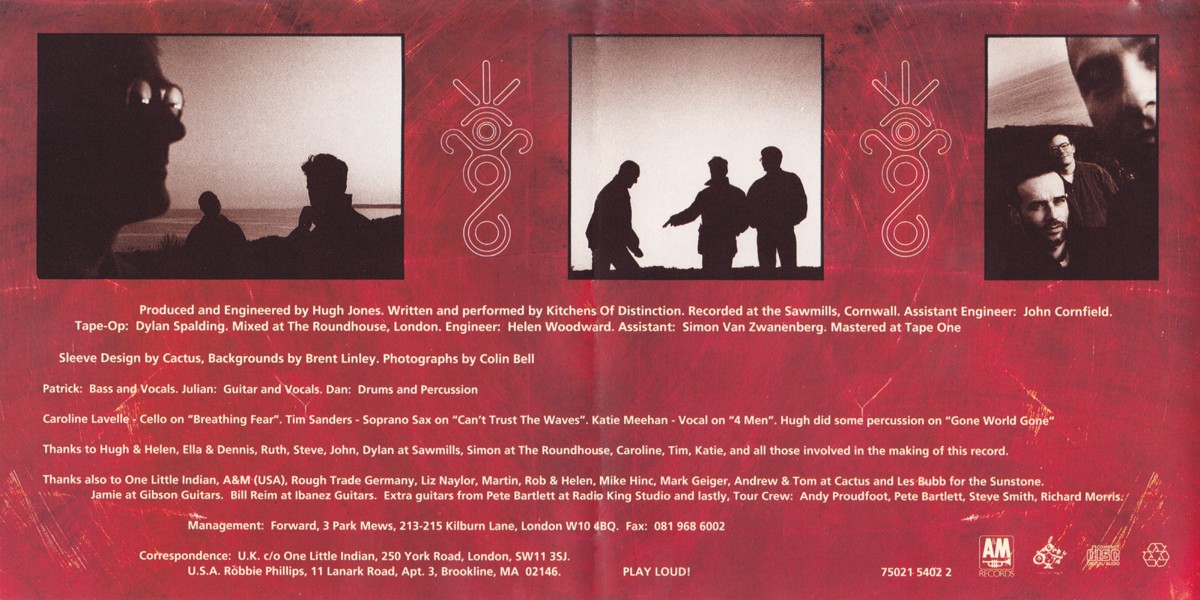 |
| Cover 5 |
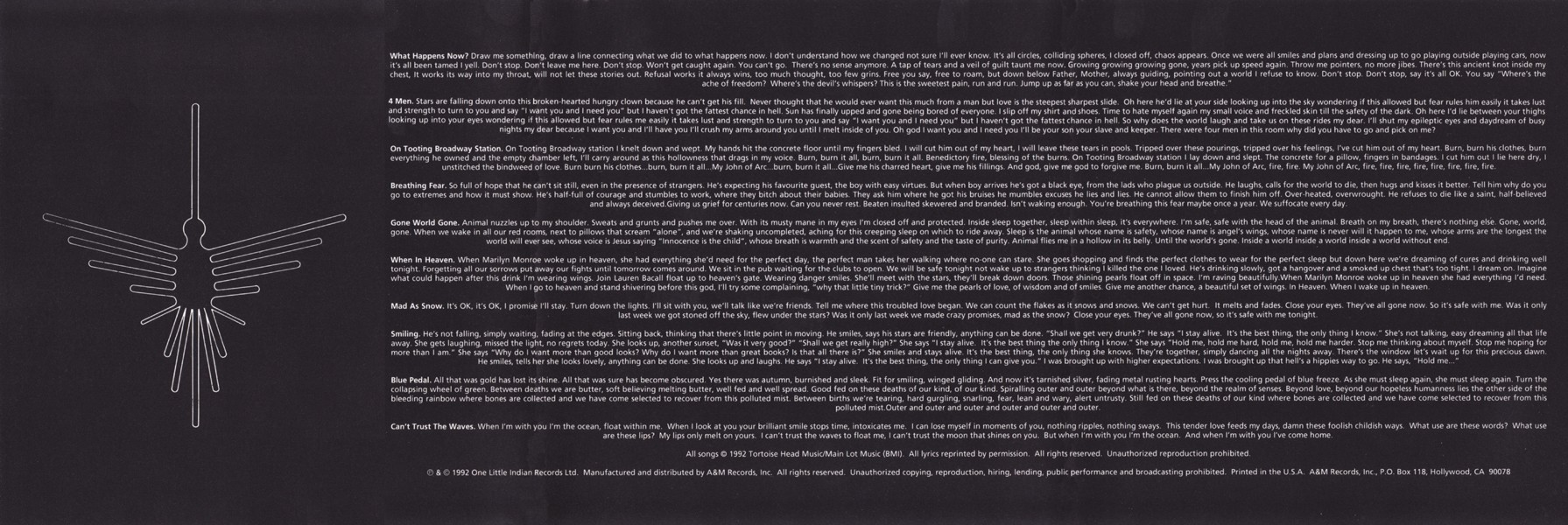 |
|







